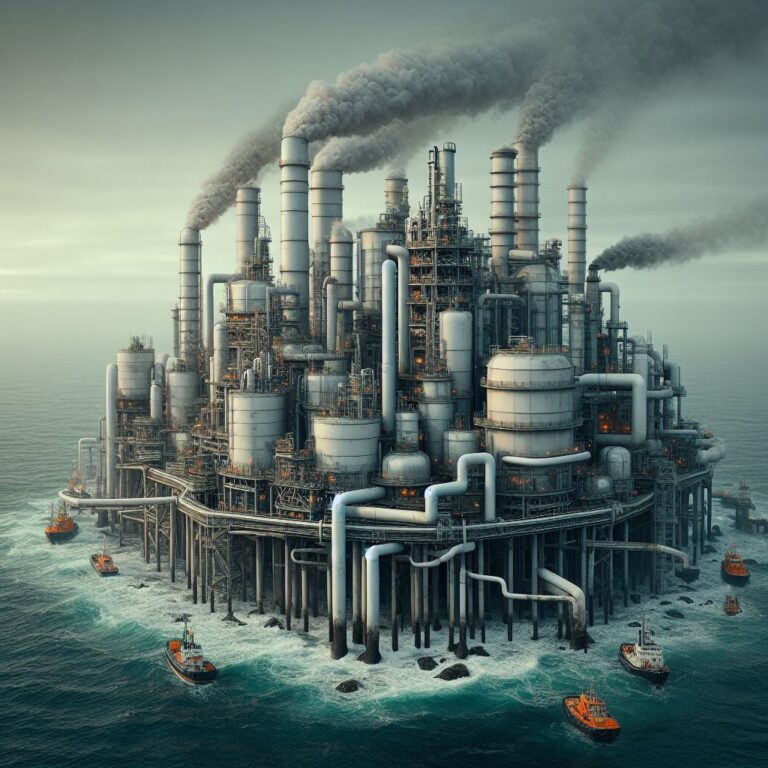Introduction
In the vast expanse of the North Sea, a hidden menace lurks beneath the waves: decaying oil and gas pipelines. These aging conduits, once vital for energy extraction, now harbor the potential to release toxic substances into the marine environment. Scientists are sounding the alarm, urging greater scrutiny and regulation to prevent ecological harm and safeguard human health.
The Silent Threat: Mercury and Radioactive Materials
Mercury Contamination
Mercury, a notorious heavy metal, is one of the culprits. As pipelines corrode and disintegrate, they may leak this toxic element into the surrounding waters. Mercury accumulates in marine organisms, working its way up the food chain. The consequences? Impaired reproductive systems, neurological damage, and ecosystem disruption.
Radioactive Lead and Polonium-210
But that’s not all. The pipelines also harbor naturally occurring radioactive materials, including lead and polonium-210. These substances pose risks to both wildlife and humans. Polonium-210, in particular, emits alpha radiation, which can damage living tissues and cells. Imagine the impact on delicate marine ecosystems.
Industry and Government Responses
Industry Stance
Representatives from the oil and gas industry assert that they adhere to national and international regulations. They emphasize their commitment to monitoring and minimizing contaminants during pipeline decommissioning. However, questions remain about the effectiveness of these measures.
Government Oversight
The UK government, too, claims vigilance in managing pipeline pollution. Yet, as pipelines age and corrode, the risk persists. Striking a balance between economic interests and environmental protection remains a delicate task.
Global Context and Implications
Minamata Convention and Global Efforts
The Minamata Convention, an international agreement aimed at curbing mercury pollution, underscores the urgency of addressing pipeline decay. As nations grapple with energy demands, they must also confront the legacy of aging infrastructure.
New Licenses and the North Sea
Recent announcements of new oil and gas licenses in the North Sea add complexity to the situation. Balancing energy security with environmental stewardship requires thoughtful navigation.
Conclusion
The North Sea’s decaying pipelines are more than rusted relics; they are ticking time bombs. Scientists urge comprehensive research, stricter regulations, and proactive measures to prevent irreversible harm. Let us heed their warnings and safeguard our oceans for generations to come.
Check out more articles like this at News Archives – Topic In One Article
